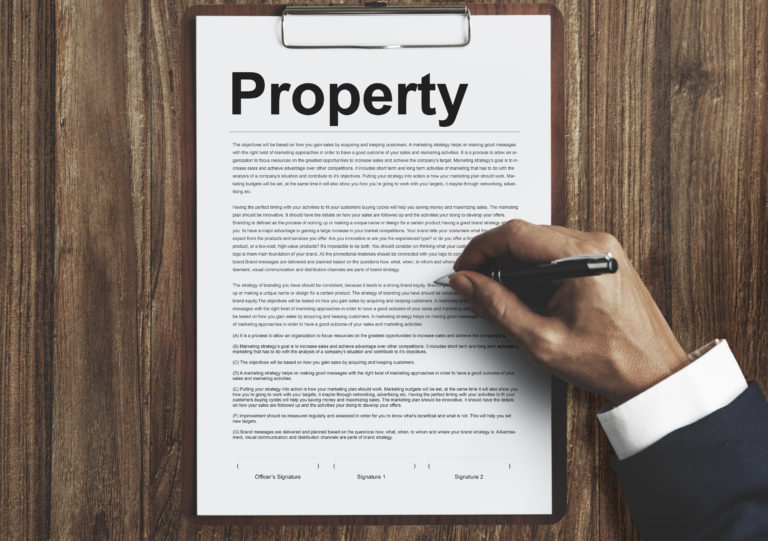
Here are 20 common rental lease options that landlords and tenants may consider when renting a property:
- Security deposit: The tenant pays a certain amount of money upfront to cover any damages or unpaid rent.
- Rent amount: The amount of rent to be paid each month.
- Rent payment due date: The date by which rent must be paid.
- Late payment fees: The penalty for late payment of rent.
- Lease term: The length of the lease agreement.
- Renewal option: The ability for the tenant to renew the lease agreement after the initial term expires.
- Termination clause: The circumstances under which the lease agreement can be terminated.
- Subleasing option: Whether or not the tenant can sublease the property to someone else.
- Pet policy: Whether or not pets are allowed on the property, and if so, any restrictions or fees associated with pets.
- Maintenance and repairs: The responsibilities of the landlord and tenant for maintaining and repairing the property.
- Utilities: Which utilities are included in the rent and which the tenant is responsible for paying.
- Parking: Whether or not the property includes parking, and if so, any restrictions or fees associated with parking.
- Use of common areas: Whether or not the tenant has access to any common areas, such as a pool, gym, or clubhouse.
- Landlord access: The landlord’s right to access the property during the lease term.
- Alterations and improvements: Whether or not the tenant can make alterations or improvements to the property.
- Notice requirements: The amount of notice required by either party to terminate or make changes to the lease agreement.
- Insurance: Whether the tenant is required to carry renter’s insurance.
- Dispute resolution: The process for resolving disputes between the landlord and tenant.
- Appliances and furnishings: Whether or not the property includes any appliances or furnishings.
- Governing law: The state and county law that applies to the lease agreement